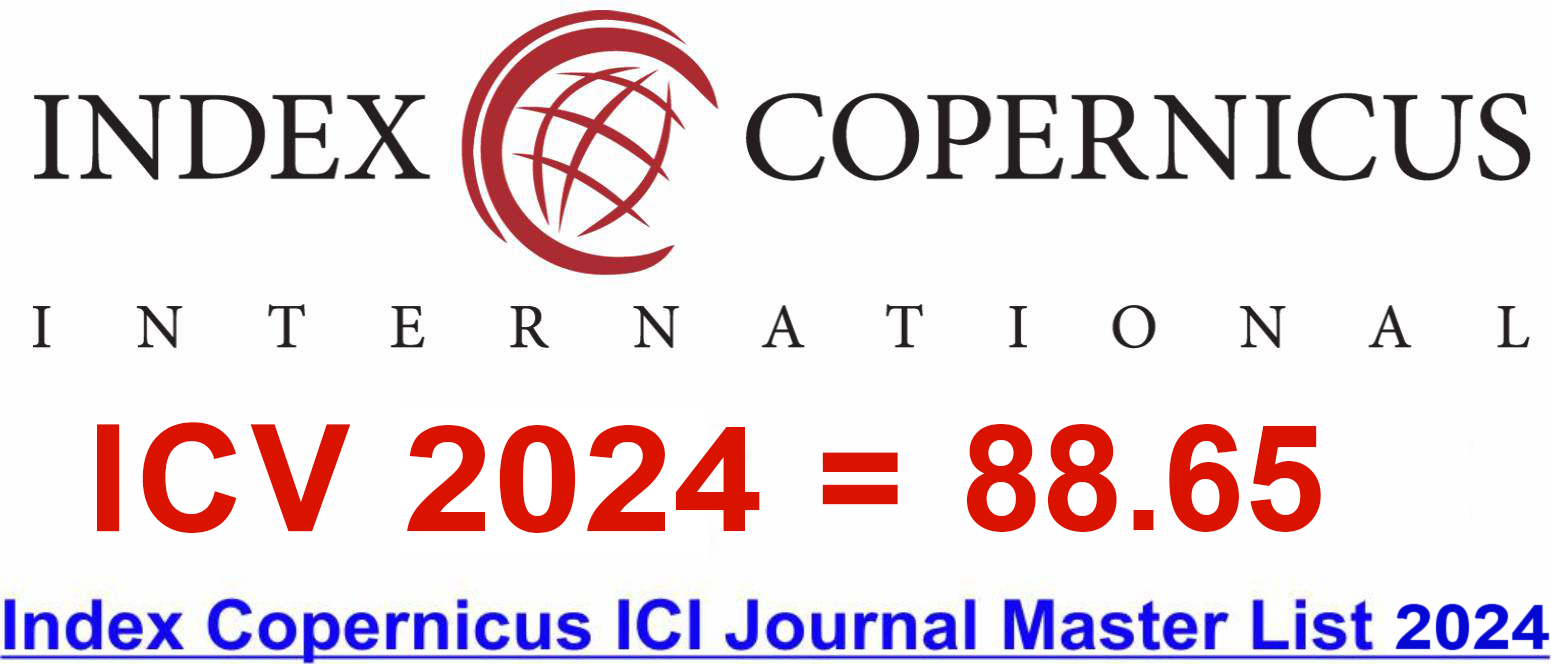Abstract
The introduction of cutting-edge digital technology has triggered a sea change in many industries, heralding a potential reconfiguration of labor dynamics, strategic approaches, and legislative frameworks. This article critically examines the dynamic nature of the digital economy, analyzing its emerging characteristics while acknowledging its persistent components. The article reveals three fundamental business techniques that constitute the foundation of its structure: modularity, open innovation, and platforms. These techniques embody the fundamental principles of organization and their significant ramifications for society. Within the context of underdeveloped countries, the digital economy brings a unique convergence of both obstacles and potential. Organizations and governmental decision-makers face the challenge of reconciling the need for innovation with the pursuit of strategic positioning. This study examines the strategic opportunities available to businesses operating in underdeveloped countries, with a particular emphasis on market dynamics and innovation. Importantly, in order to spur innovation and secure a competitive edge in the digital economy, you don't have to be able to see whole world's info. Several openings exist, especially in industrial applications, where physical systems and domain-specific knowledge are still necessary. Although key platform owners possess significant skills, such as data access and analysis, the ability to promote innovation and establish new market niches is not limited to them alone. The digital economy represents a fundamental change in the way economic activities are conducted, requiring individuals and organizations to possess the capacity to adapt, customize, and continuously innovate in order to fully use its capabilities.
References
- Stavytskyy A, Kharlamova G, Stoica EA. The analysis of the digital economy and society index in the EU. TalTech Journal of European Studies. 2019 Sep;9(3):245-61. https://doi.org/10.1515/bjes-2019-0032
- Barile S, Ciasullo MV, Iandolo F, Landi GC. The city role in the sharing economy: Toward an integrated framework of practices and governance models. Cities. 2021 Dec 1;119:103409. https://doi.org/10.1016/j.cities.2021.103409
- C. Köbis N, Soraperra I, Shalvi S. The consequences of participating in the sharing economy: A transparency-based sharing framework. Journal of Management. 2021 Jan;47(1):317-43. https://doi.org/10.1177/0149206320967740
- Wen X, Siqin T. How do product quality uncertainties affect the sharing economy platforms with risk considerations? A mean-variance analysis. International Journal of Production Economics. 2020 Jun 1;224:107544. https://doi.org/10.1016/j.ijpe.2019.107544
- Tran T, Ho MT, Pham TH, Nguyen MH, Nguyen KL, Vuong TT, Nguyen TH, Nguyen TD, Nguyen TL, Khuc Q, La VP. How digital natives learn and thrive in the digital age: Evidence from an emerging economy. Sustainability. 2020 May 7;12(9):3819. https://doi.org/10.3390/su12093819
- Dabbous A, Tarhini A. Assessing the impact of knowledge and perceived economic benefits on sustainable consumption through the sharing economy: A sociotechnical approach. Technological Forecasting and Social Change. 2019 Dec 1;149:119775. https://doi.org/10.1016/j.techfore.2019.119775
- Zhen Z, Yousaf Z, Radulescu M, Yasir M. Nexus of digital organizational culture, capabilities, organizational readiness, and innovation: Investigation of SMEs operating in the digital economy. Sustainability. 2021 Jan 13;13(2):720. https://doi.org/10.3390/su13020720
- Jonek-Kowalska I, Wolniak R. Sharing economies’ initiatives in municipal authorities’ perspective: research evidence from Poland in the context of smart cities’ development. Sustainability. 2022 Feb 11;14(4):2064. https://doi.org/10.3390/su14042064
- Agarwal N, Steinmetz R. Sharing economy: A systematic literature review. International Journal of Innovation and Technology Management. 2019 Oct 19;16(06):1930002. https://doi.org/10.1142/S0219877019300027
- Mont O, Curtis SK, Palgan YV. Organisational response strategies to COVID-19 in the sharing economy. Sustainable Production and Consumption. 2021 Oct 1;28:52-70. https://doi.org/10.1016/j.spc.2021.03.025
- Jiang F, Zheng X, Fan D, Zhang P, Li S. The sharing economy and business model design: A configurational approach. Journal of Management Studies. 2021 Jun;58(4):949-76. https://doi.org/10.1111/joms.12711
- Zhu W, Chen J. The spatial analysis of digital economy and urban development: A case study in Hangzhou, China. Cities. 2022 Apr 1;123:103563. https://doi.org/10.1016/j.cities.2022.103563
- Zeng J, Tavalaei MM, Khan Z. Sharing economy platform firms and their resource orchestration approaches. Journal of Business Research. 2021 Nov 1;136:451-65. https://doi.org/10.1016/j.jbusres.2021.07.054
- Zhang S, Ma X, Cui Q. Assessing the impact of the digital economy on green total factor energy efficiency in the post-COVID-19 era. Frontiers in Energy Research. 2021 Nov 26;9:798922. https://doi.org/10.3389/fenrg.2021.798922
- Bhatt B, Dembek K, Hota PK, Qureshi I. Sharing economy model for the base of the pyramid: An ecosystem approach. Sharing economy at the base of the pyramid: Opportunities and challenges. 2021:319-36. https://doi.org/10.1007/978-981-16-2414-8_14















